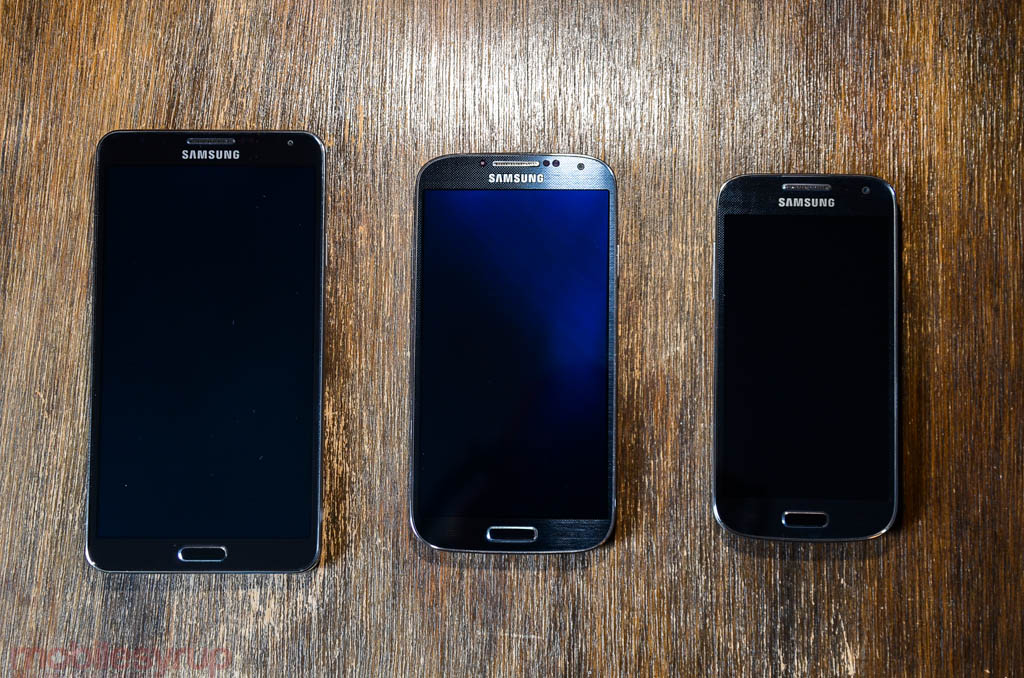
Samsung wants to be Android to the masses, and is content to use its rather co-dependent relationship with Google to its advantage.
At its first annual developer conference in San Francisco, the burgeoning software side of the business got the type of recognition that has heretofore been reserved for Google and Apple. The Korean giant thinks it can take the core Android experience and make it better — much better, in fact — as it has been trying to do so with TouchWIZ since the first Galaxy S device launched in 2010.
The company is launching five new SDKs, focusing on a range of improvements to the core Android experience, building on top of what makes the OS so flexible in the first place. Because there are already so many Samsung devices in the market, the company is taking a bet that it can convince you to stay within its ecosystem, even if you’re not a flat-out company loyalist like so many are with Apple or Microsoft.
Even today, there are many features on newer Galaxy products that only work between Samsung smartphones. For example, Group Play lets a number of phones or tablets join together to create a sound stage for music and video. At the same time, Samsung has joined with noted developers like Twitter to enhance the base feature sets of apps; Twitter for Android tablets takes advantage of the S Pen and Multi Window SDKs, for instance.
The five newly-announced SDKs built on that ownership of a huge device library, knowing full well that when many people say “Android,” they actually mean Samsung.
The first SDK is Multiscreen, which takes on Chromecast by quickly allowing devices to pair with one another and initiate actions across screens. For example, a Galaxy smartphone may be able to speak to a Smart TV to launch a video or song.
Samsung’s Mobile SDK combines features like S Pen, Gesture controls, Multi Window and more into one package for easier integration with third-party apps.
Multiscreen Gaming is an SDK that was co-developed with Unity to allow games to be transitioned seamlessly from smartphone to tablet to TV, or to use a smartphone/tablet as a gamepad for the big screen.
Smart TV is an SDK that builds on the proliferation of Samsung’s Smart TV ecosystem, which hasn’t been known to produce high-quality apps up until this point, so it will be interesting to see what happens there. And finally, KNOX has its own SDK to enhance security for BYOD customers.
Samsung realizes it needs Android, at least for the foreseeable future, because the platform has all the apps. But Samsung wants to make it impossible, or at least untenable, for many Samsung users to leave its own instra-ecosystem, by growing old and fat on the benefits of being a Samsung customer. For example, Samsung partnered with Evernote, Dropbox and a few other startups to give away free storage and premium service, and with its new-found clout within the developer community, I can see that growth continuing, much to the chagrin of Google’s other OEM partners.
[source]Android Central[/source]
MobileSyrup may earn a commission from purchases made via our links, which helps fund the journalism we provide free on our website. These links do not influence our editorial content. Support us here.


